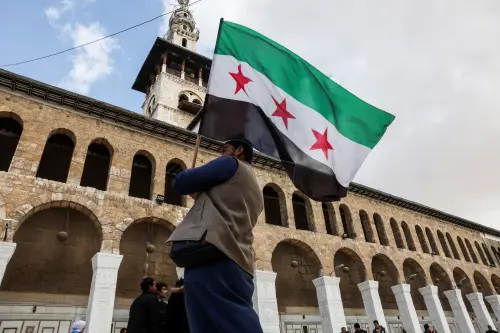On March 13, the Canadian government announced its plans to ease sanctions on Syria during a transitional period. Various Western countries, including Canada, had previously imposed sanctions on Syria under its former president, who was ousted last year by insurgent forces led by the Islamist group Hayat Tahrir al-Sham (HTS).
In a statement, the Canadian government expressed its dedication to providing essential humanitarian aid to the Syrian people and supporting a transition to a more inclusive and peaceful future. Canada allocated C$84 million in new funding for humanitarian assistance in Syria.
Furthermore, Canada revealed its intention to temporarily relax existing sanctions for six months to facilitate democratization, stabilization, and aid delivery in Syria during this transition. Canadian Ambassador to Lebanon, Stefanie McCollum, was appointed to concurrently serve as a non-resident ambassador to Syria.
To support democratization, stabilization, and humanitarian aid efforts in Syria, Canada introduced a general permit valid for six months, allowing Canadians to conduct financial transactions and services that are otherwise prohibited. The easing of sanctions includes enabling funds to be transferred through specific banks in Syria, including the country's Central Bank.
The current leaders in Syria have ties to extremist groups, but their leader cut links with al Qaeda in 2016. International pressure is mounting for Syria's government to investigate reports of civilian casualties, particularly in villages predominantly inhabited by members of Assad's Alawite sect.
